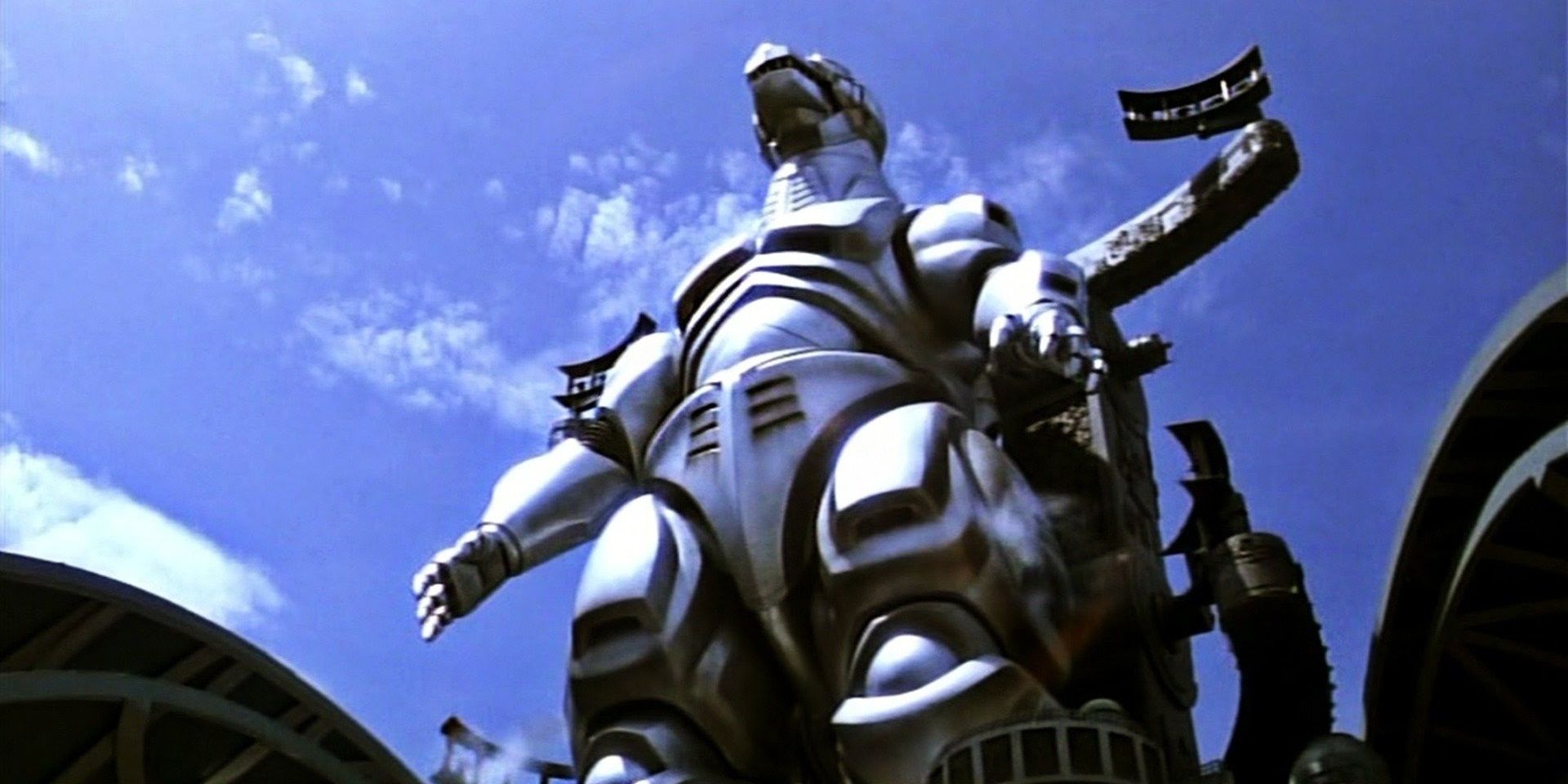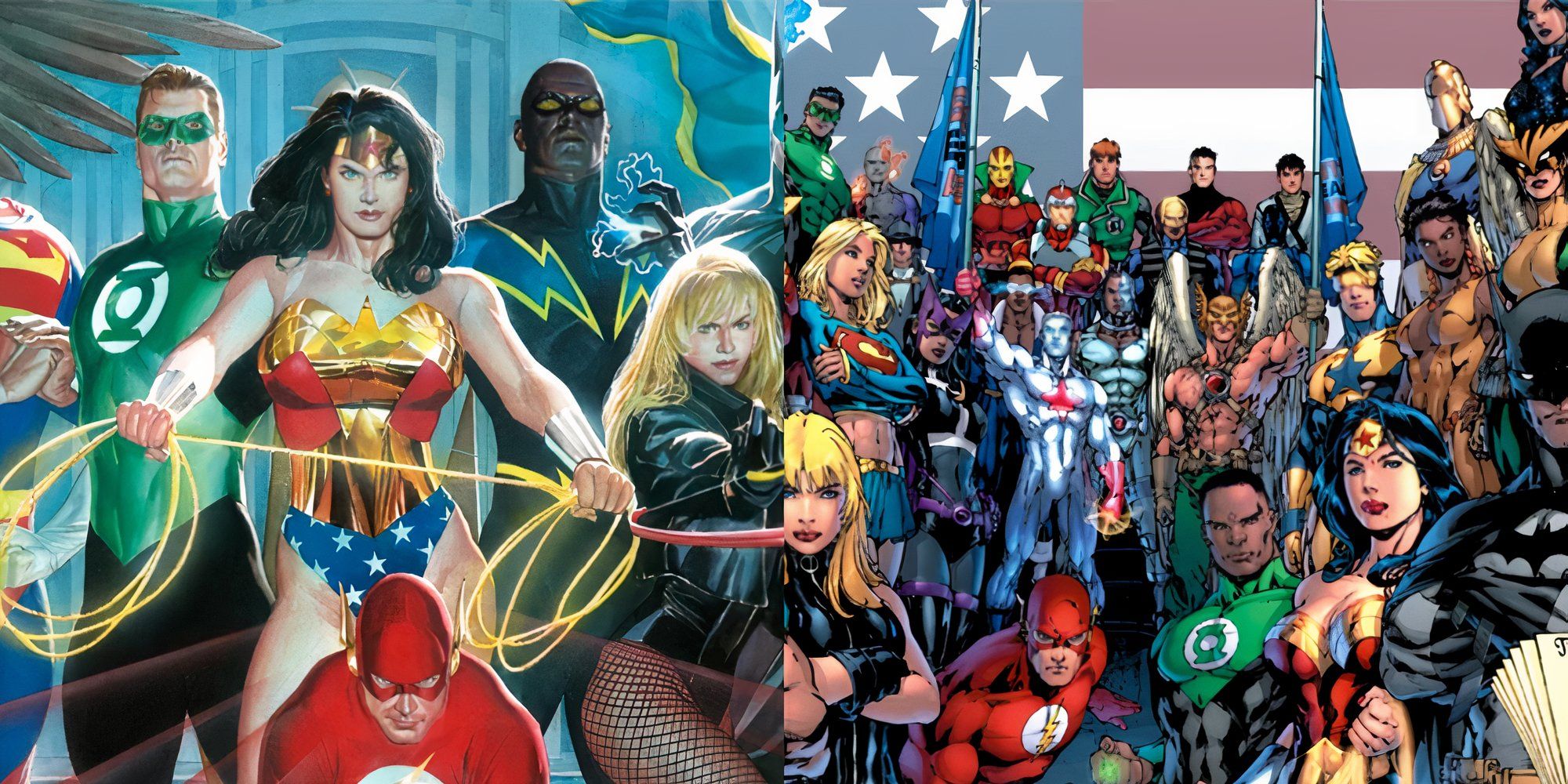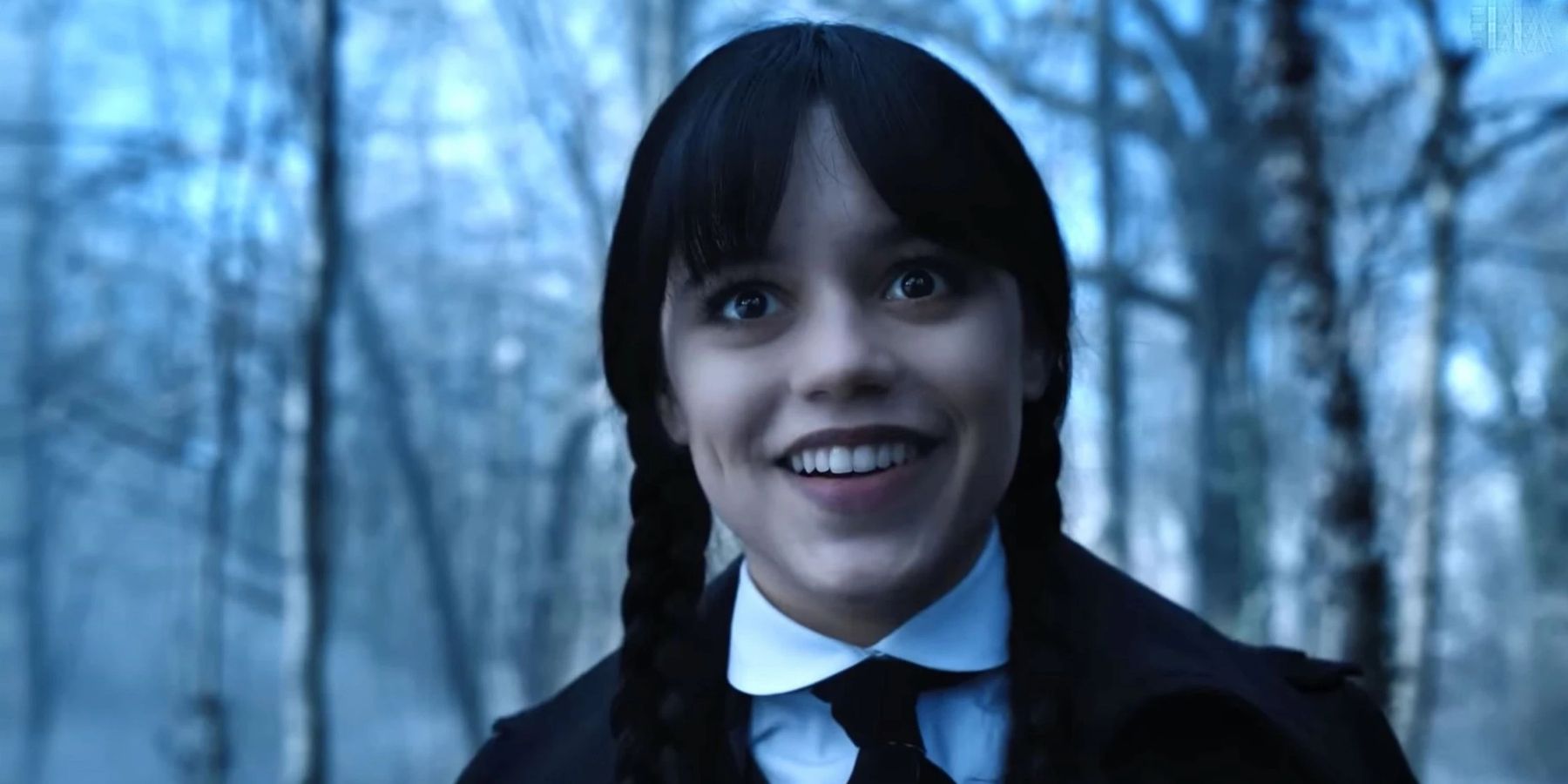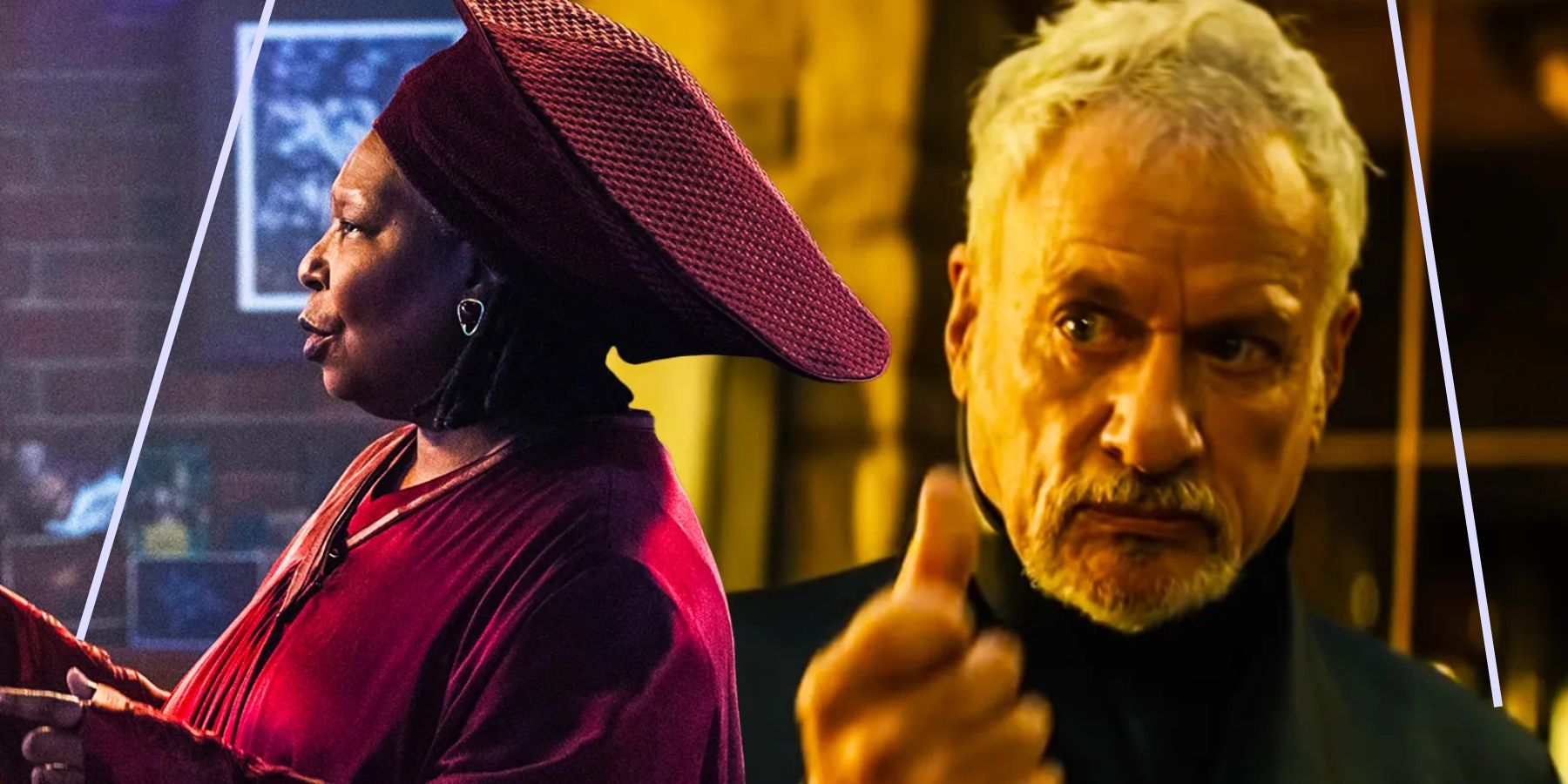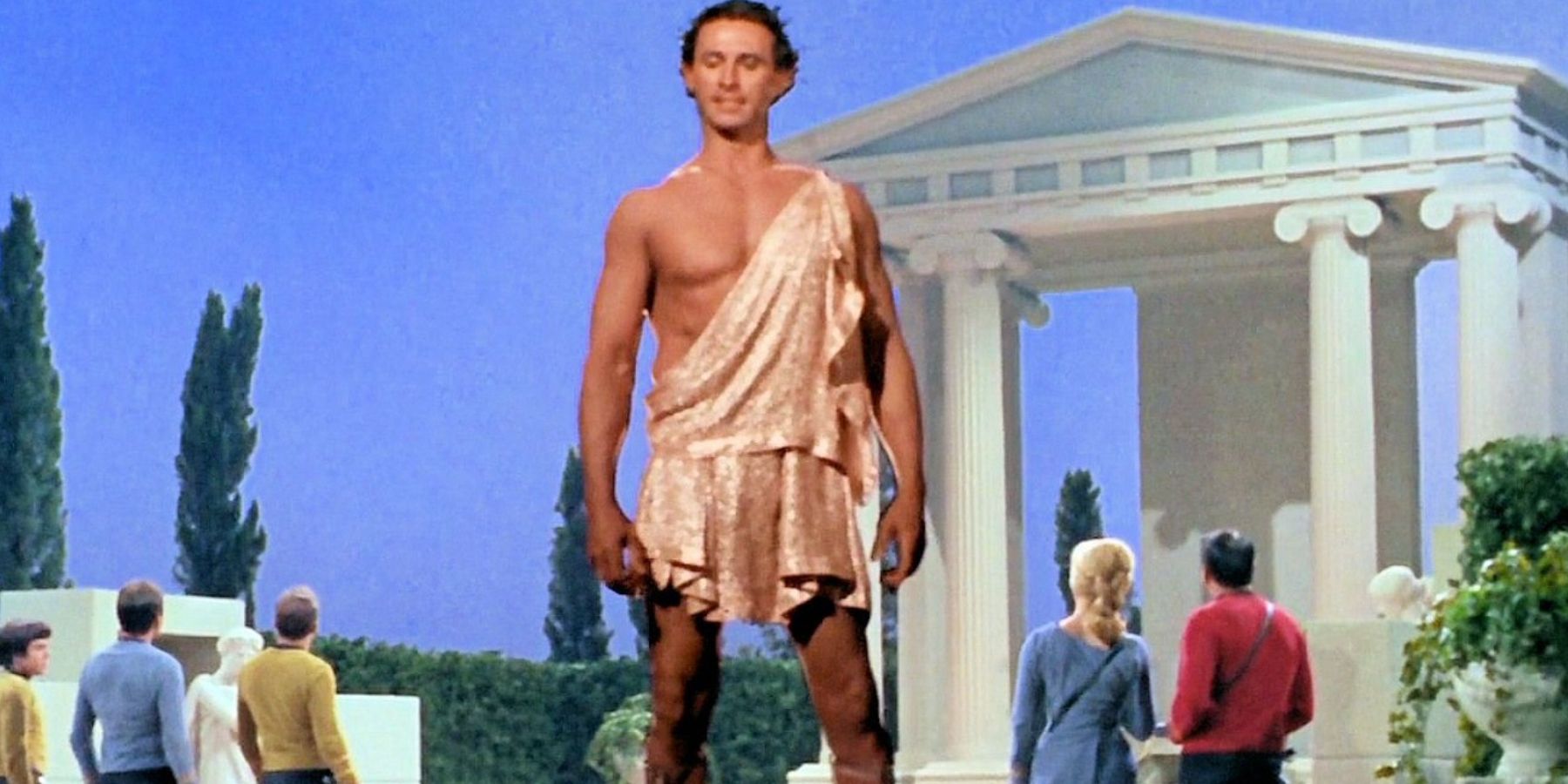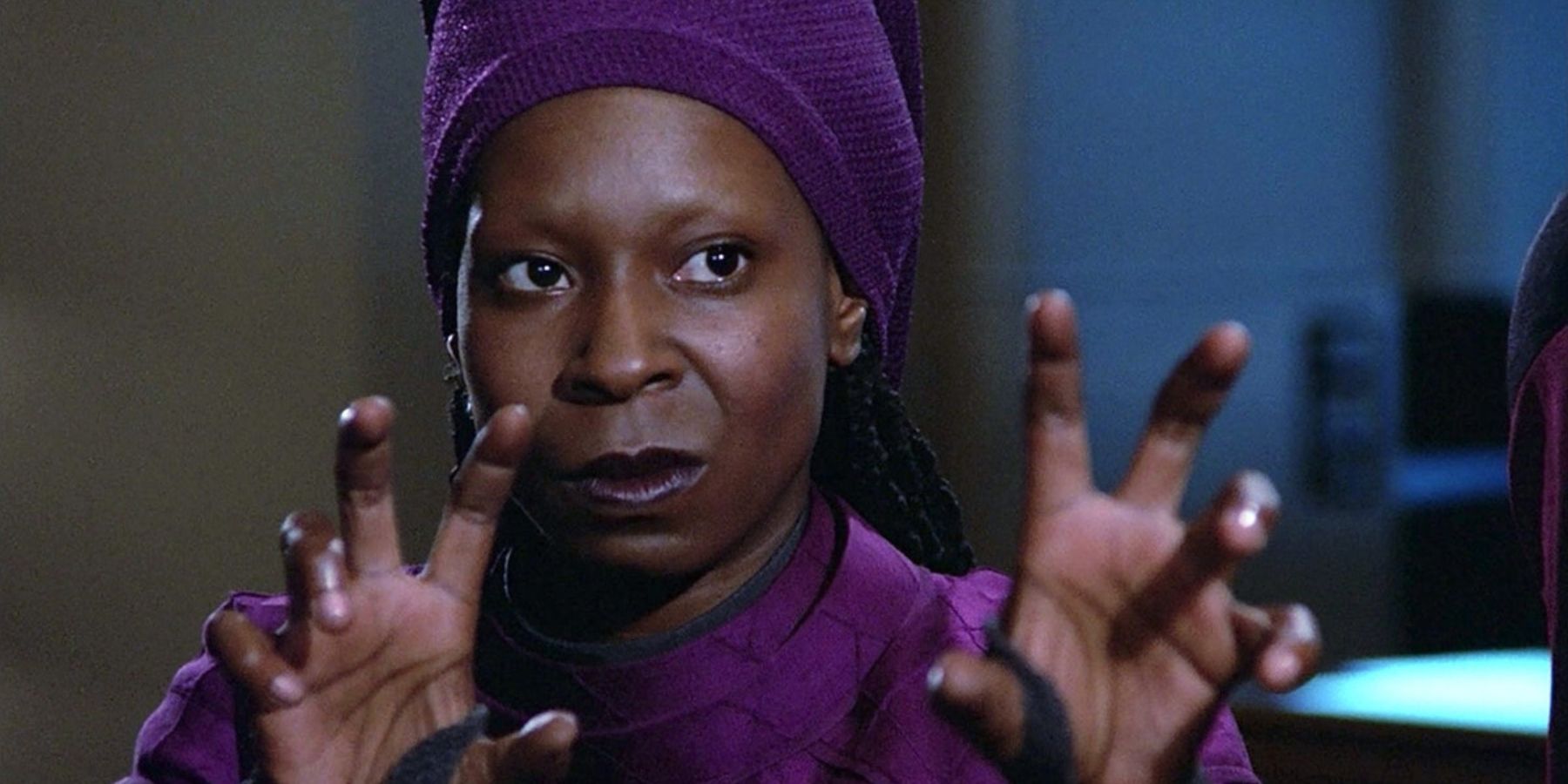Gene Roddenberry was responsible for one of the most iconic examples of science fiction television to ever exist. Since the birth of Star Trek in the 1960s, it has influenced not only a magnitude of sci-fi programs that followed it, but has even influenced the creation of modern technology. He also created the platform for an immense amount of Alien races and cultures to come from, from the Romulans and Vulcans, to the slightly problematic Ferengi, one most memorable of these being Q, and the Q continuum.
The main Q present within the shows, portrayed by John de Lancie, was shown right from the start to be an omniscient being with universe bending power, able to snap entire galaxies out of existence without breaking a sweat. Despite this enormous power, however, this being was shown to be uncomfortable, even fearful, of the USS Enterprise D’s bartender and captain's friend, Guinan. While the reasons behind this remain a mystery, never officially explored within canon, one fan theory suggests this having something to do with both characters being representations of God and the Devil — but perhaps not the way most fans would expect.
Despite Roddenberry’s enormous influence on the science fiction genre, his personal views often got mixed up in the show, even sometimes getting in the way of their success. The Original Series set a precedent, one of slow narrative story telling intrinsically linked to topical politics and utopian ideals. He attempted to bring these through into the first season of The Next Generation, but for whatever reason, his ideals clashed with Paramount and the writers. He laid down a bunch of rules for the show, including the avoidance of any conflict whatsoever from Starfleet officers, stemming from his desire for them and the Federation to be so far advanced that they have transcended all forms of violence.
While this sounds good on paper, it ultimately led to some severely action-deprived episodes during the first season of TNG, as well as some serious animosity between Roddenberry and the writers, as he constantly went behind their backs to change their scripts. While this, mixed with some health issues, resulted in him being dropped after season 1 (which wound up being massively beneficial to the show), he still managed to sneak in some more personal opinions and storyline foreshadowing. This included the infamous exchange between Guinan and Q.
Roddenberry himself was what is known as a secular humanist. This is a philosophy that believes that humans are capable of making ethical decisions without the need for religion or any form of belief in a deity. Roddenberry believed that, through reason, human beings can solve any problem thrown their way, and that the need to turn to religion or superstition was holding society back. This is a premise followed almost religiously (excuse the pun) in Star Trek, with knowledge and intelligence paramount to the ideals of a utopian society such as the Federation. The Vulcans and their use of logic and reason drawing them away from the depravity of war are a prime example of this.
It only makes sense, then, that any characters who resemble gods were portrayed in almost constantly negative ways. For many, the first to come to mind is Q: arrogant, and incredibly self-serving, with little to no concern or care for anything inferior to him. However, he's not the only one. The Greek god Apollo makes a memorable appearance in The Original Series episode “Who Mourns for Adonais?” He is supposed to be the god of prophecy and healing, but Roddenberry chose to depict him as a petulant dictator who refuses to acknowledge that humanity had outgrown him, moving away from their reliance on anyone other than themselves to solve their problems for them.
The Devil, or Satan, however, gets a much better treatment from Roddenberry, ranging from subtle to downright overt. The mind-melding, logic loving Spock is a good example of this. Roddenberry specifically designed his appearance (and choosing the very Slavic-looking Leonard Nimoy) to be reminiscent of satanic depictions, to the point where he even wanted the Vulcans and their distant cousins Romulans to possess a tail. The most overt, (yet not explicitly canon, depending on who is being asked) example backing up Roddenberry’s positive portrayal of the Devil is from the Animated Series episode “The Magicks of Megas’s-Tu,” in which the actual Lucifer is written to be the hero of the story. During the episode, he explains that he was the only one of his species who actual cared for humanity and wanted the best for them.
These words from the mouth of an animated Lucifer perfectly sum up why this fan theory believes that Guinan is supposed to be the Devil. For Roddenberry, Satan is much more of a heroic figure. He represents humanity's freedom of choice, and the only notable figure to stand against the all-powerful, controlling voice of god. His Satan wants to lift humanity up above the god fearing people they were, and allow them to grow and evolve by themselves.
Guinan is the opposite of Q in many ways, and their relationship plays heavily into Roddenberry’s thoughts and opinions regarding humanism. There is more evidence to back this up, such as her seemingly omnipotent insights and extremely long life. Casting Whoopie Goldberg in the role makes sense too, the devil’s traditional depictions being described as being seductive in nature, and Roddenberry being quoted calling Goldberg “The most beautiful girl in all creation.” The destruction of Guinan's home world at the hands of the Borg and their twisted prime directive could be an allegory for “the fall,” much like the fall of Satan.
This narrative reading does not go far, however, with Roddenberry leaving. Either he did not share his plan with the writers, or they decided his vision was too risky. After his departure, Guinan became far less powerful than she was originally suggested her to be, and the relationship between her and Q was never fleshed out. Despite everything that would have undoubtedly gone wrong along the way, it would have been great for Roddenberry to stay just a little longer in the captain's chair, just to see this story play out.

